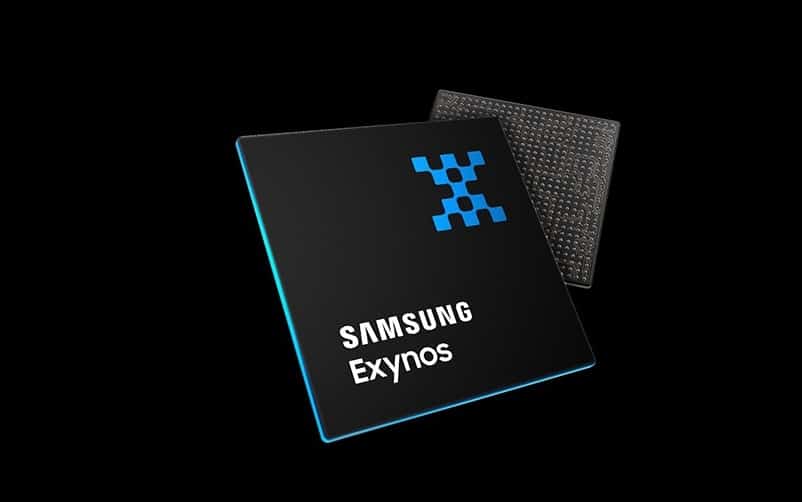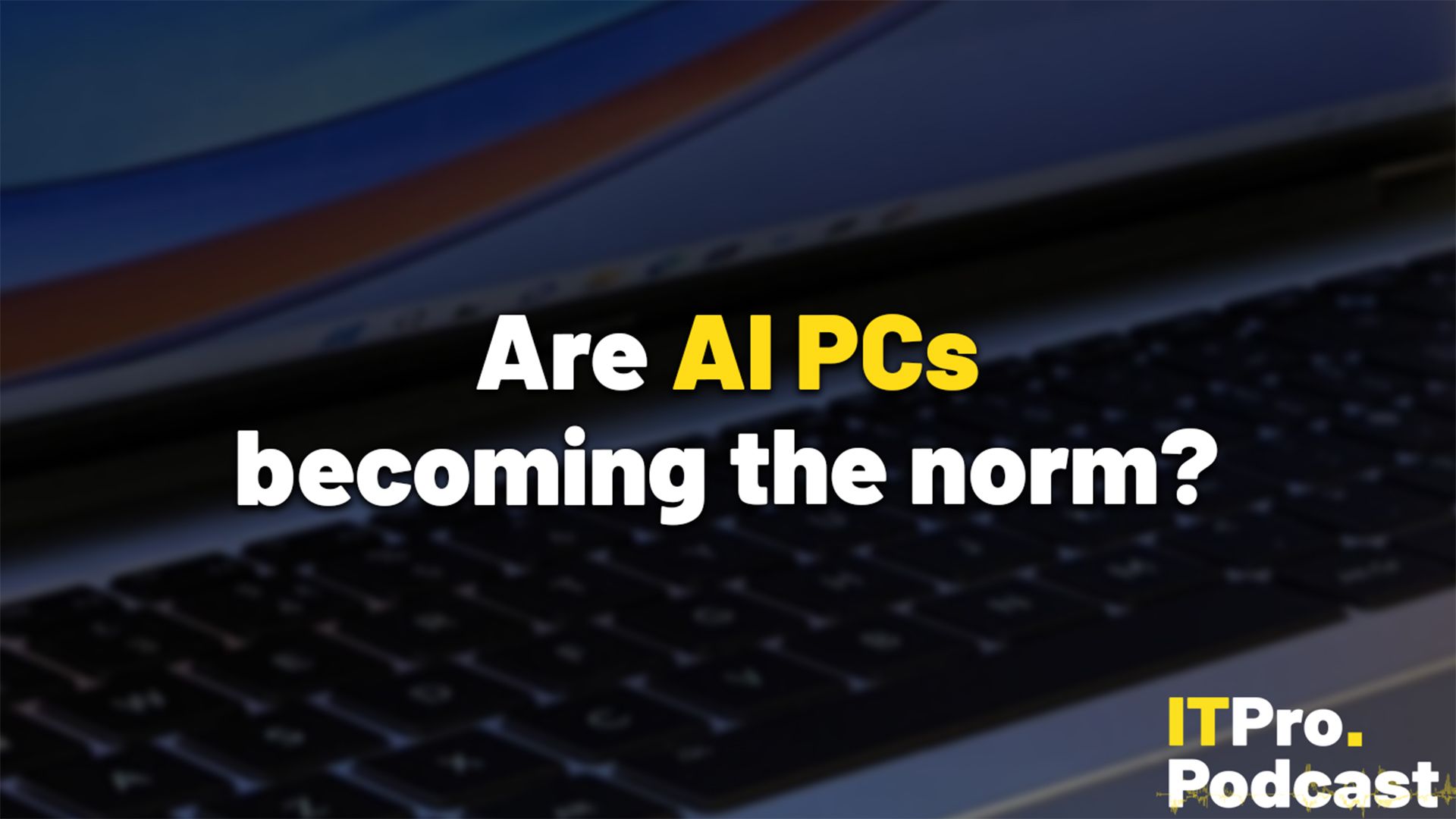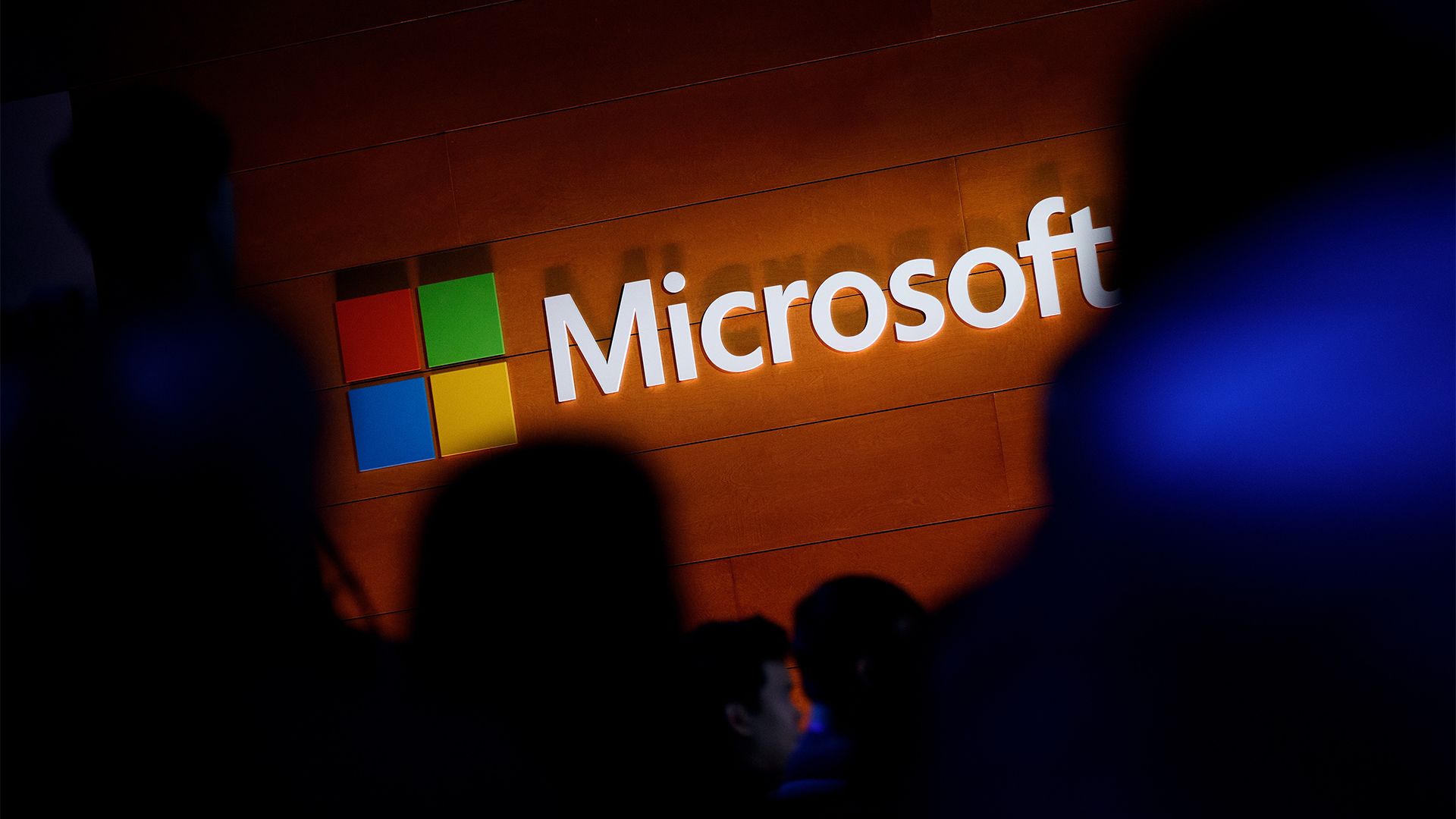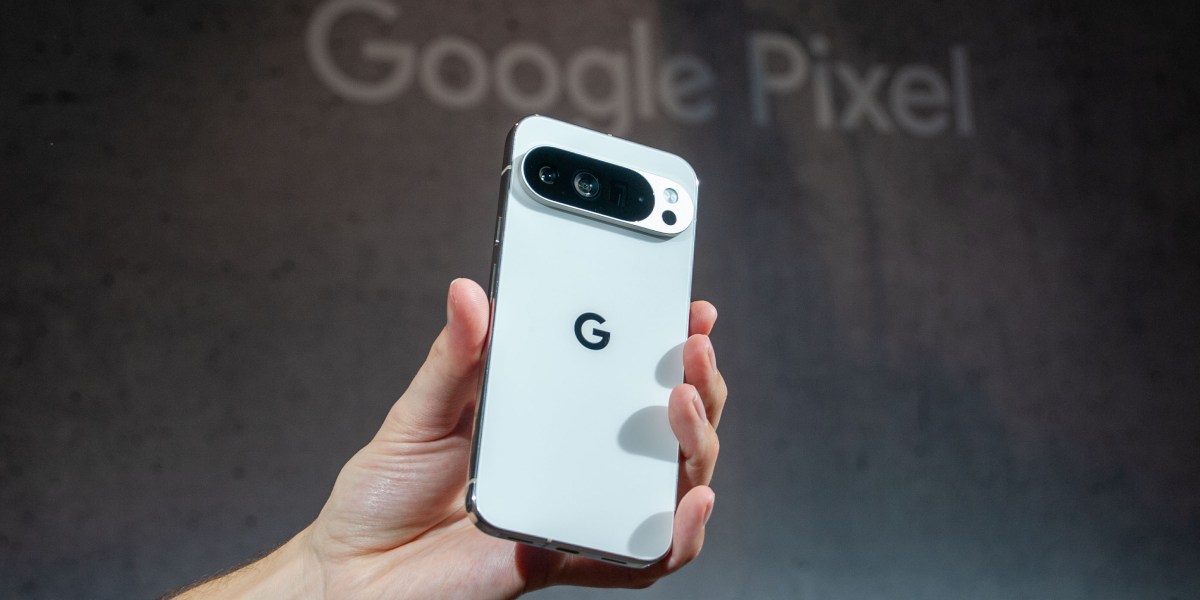#on-device-ai
#on-device-ai
[ follow ]
#privacy #pixel-10 #edge-computing #tensor-g5 #apple #magic-cue #snapdragon-8-elite-gen-5 #pixel-10-pro
Artificial intelligence
fromTechCrunch
1 week agoGoogle Photos brings its prompt-based editing feature to India, Australia and Japan | TechCrunch
Google Photos now offers natural-language, on-device AI photo editing across more countries, supporting multiple Indian languages and metadata indicating AI-created or edited images.
fromTechCrunch
1 week agoQualcomm backs SpotDraft to scale on-device contract AI with valuation doubling toward $400M | TechCrunch
As demand grows for privacy-first enterprise AI that can run without sending sensitive data to the cloud, SpotDraft has raised $8 million from Qualcomm Ventures in a strategic Series B extension to scale its on-device contract review tech for regulated legal workflows. The extension values SpotDraft at around $380 million, the startup told TechCrunch, nearly double its $190 million post-money valuation following its $56 million Series B in February of last year.
Artificial intelligence
Artificial intelligence
fromInfoQ
1 week agoGoogle Releases Gemma 3 270M Variant Optimized for Function Calling on Mobile and Edge Devices
FunctionGemma is a lightweight, fine-tuned Gemma 3 270M variant that translates natural language into structured function and API calls for efficient on-device agent execution.
fromTechCrunch
1 week agoQuadric rides the shift from cloud AI to on-device inference - and it's paying off | TechCrunch
The company, which is based in San Francisco and has an office in Pune, India, is targeting up to $35 million this year as it builds a royalty-driven on-device AI business. That growth has buoyed the company, which now has post-money valuation of between $270 million and $300 million, up from around $100 million in its 2022 Series B, Kheterpal said.
Artificial intelligence
Gadgets
fromYanko Design - Modern Industrial Design News
3 weeks agoDuRoBo Krono Brings an AI-Powered Pocket ePaper Focus Hub to the US - Yanko Design
Krono is a pocket-sized E Ink device combining a paper-like display, tactile Smart Dial, ambient lights, and on-device AI for focused reading and idea capture.
Gadgets
fromYanko Design - Modern Industrial Design News
4 weeks agoAcer AMD Ryzen Laptops Bring AI Across Three Very Different Days - Yanko Design
Acer's new laptops use AMD Ryzen AI 400-series NPUs to deliver on-device AI across thin-and-light, mainstream, and gaming models for everyday portability and productivity.
fromYanko Design - Modern Industrial Design News
1 month agoHow to Spot Fake AI Products at CES 2026 Before You Buy - Yanko Design
Merriam-Webster just named "slop" its word of the year, defining it as "digital content of low quality that is produced usually in quantity by means of artificial intelligence." The choice is blunt, almost mocking, and it captures something that has been building for months: a collective exhaustion with AI hype that promises intelligence but delivers mediocrity. Over the past three months, that exhaustion has started bleeding into Wall Street.
Artificial intelligence
Artificial intelligence
fromYanko Design - Modern Industrial Design News
1 month agoHow AI Will Be Different at CES 2026: OnDevice Processing and Actual Agentic Productivity - Yanko Design
AI is shifting from cloud-based demos to on-device infrastructure, driving new AI-optimized chips and agentic systems that act on users' behalf.
Artificial intelligence
fromresund Startups
1 month agoSmall Models, Big Impact: NobodyWho Raises 2M to Challenge Big Tech with Local AI
Small Nordic startup NobodyWho promotes on-device Small Language Models as cost-efficient, secure, and sustainable alternative to large cloud LLMs, raising €2M pre-seed.
fromYanko Design - Modern Industrial Design News
1 month agoRecord setting Pocket Lab shrinks a full AI supercomputer into the size of a power bank - Yanko Design
Tiiny AI, a US-based deep-tech startup, has unveiled the Pocket Lab, officially verified as the "world's smallest personal AI supercomputer." This palm-sized device, no larger than a typical power bank, is capable of running large language models (LLMs) with up to 120 billion parameters entirely on-device, without relying on cloud servers or external GPUs. Designer: Tiiny AI At its core, the Pocket Lab aims to make advanced artificial intelligence both personal and private.
Artificial intelligence
fromWIRED
1 month agoPebble Is Making a $75 Smart Ring
There's no way to recharge the ring. Migicovsky says he didn't want yet another gadget to charge every day, so instead, the Pebble Index has non-rechargeable silver oxide hearing aid batteries designed to last 2 years with average use. Once the device's battery is nearly dead, users will receive a notification in the app, and the idea is you'll buy a new Pebble Index-an idea that's easier to get behind knowing the ring costs just $75.
Wearables
Apple
fromKotaku
2 months agoApple Sends Millions of MacBook Air to Amazon for Black Friday, M4 Model at Zero-Profit Pricing Defies Logic - Kotaku
The 256GB MacBook Air M4 dropped to $749 on Amazon for Black Friday—the first authorized deep discount—offering M4 performance, fanless design, and 16GB unified memory.
fromComputerworld
2 months agoMicrosoft's Fara-7B brings AI agents to the PC with on-device automation
"Unlike traditional chat models that generate text-based responses, Computer Use Agent (CUA) models like Fara-7B leverage computer interfaces, such as a mouse and keyboard, to complete tasks on behalf of users," Microsoft said in a blog post. "With only 7 billion parameters, Fara-7B achieves state-of-the-art performance within its size class and is competitive with larger, more resource-intensive agentic systems that depend on prompting multiple large models."
Software development
fromWIRED
2 months agoApple's Most Overlooked App Just Got a Lot Better
Adding a large language model to Shortcuts means it's easier to build automations that can simplify your life. Here's how: How This Works Head to Apple Shortcuts, create a new shortcut, and you'll see "Apple Intelligence" as one of the listed applications that's supported. There are a few Actions related to text, allowing you to do things like proofread, summarize, and make a list from text. You also get the ability to create an image, if you want.
Apple
fromTechCrunch
2 months agoGoogle steps up AI scam protection in India, but gaps remain | TechCrunch
Frauds involving digital transactions accounted for more than half of all reported bank fraud in 2024 - 13,516 cases resulting in losses of ₹5.2 billion (about $58.61 million), according to the Reserve Bank of India (RBI). Online scams caused an estimated ₹70 billion (roughly $789 million) in losses in the first five months of 2025, the Ministry of Home Affairs said.
Gadgets
fromComputerworld
2 months agoReview: Apple's 14-in. M5 MacBook Pro - one day all computers might be as good
The laptop you use tomorrow will be like a Mac: Beautifully-designed, easy-to-use, highly secure, and packed with enough power to run artificial intelligence (AI) on device. It will possess advanced memory handling to optimize the use of that precious component, rather than squandering cash, heat sinks, and internal real estate on RAM that doesn't usually get used. Designed to optimize the OS it runs, it will integrate with your mobile devices, have a built-in tracker in case of loss,
Apple
fromThe Verge
2 months agoGoogle is introducing its own version of Apple's private AI cloud compute
The feature, virtually identical to Apple's Private Cloud Compute, comes as companies reconcile users' demands for privacy with the growing computational needs of the latest AI applications. Many Google products run AI features like translation, audio summaries, and chatbot assistants, on-device, meaning data doesn't leave your phone, Chromebook, or whatever it is you're using. This isn't sustainable, Google says, as advancing AI tools need more reasoning and computational power than devices can supply.
Artificial intelligence
fromInfoQ
2 months agoAndroid GenAI Prompt API Enables Natural Language Requests with Gemini Nano
The new API accepts either text input or a combination of image and text input and produces a text response. According to Google, it enables the use of natural language prompts across a variety of mobile use cases, including short translation, image and text classification, content generation, and more: Prompt API moves beyond pre-built functionality to support custom, app-specific GenAI use cases, allowing you to create unique features with complex data transformation. Prompt API uses Gemini Nano on-device to process data locally, enabling offline capability and improved user privacy.
Artificial intelligence
Startup companies
fromTechCrunch
2 months agoSubtle Computing's voice isolation models help computers understand you in noisy environments | TechCrunch
Subtle Computing builds device-specific voice isolation models that preserve device acoustics to capture clean, personalized speech in noisy environments and outperform generic solutions.
fromApp Developer Magazine
1 year agoOn device ai for seamless offline experiences with embeddinggemma
At its core, EmbeddingGemma serves as a text embedding model. It translates text, such as notes, emails, or documents, into specialized numerical codes called vectors. These vectors represent the meaning of the text in a high-dimensional space, allowing devices to grasp context rather than just matching keywords. This fundamental capability enables much more intelligent and helpful search, organization, and other AI functionalities, powering generative AI experiences directly on user hardware.
Artificial intelligence
fromComputerworld
3 months agoEnterprises should not install OpenAI's new Atlas browser, analysts warn
The browser would have more value if it included an on-device AI model that could run without requiring access to the internet, O'Donnell said. "This provides a channel through which they can get hundreds of millions of people to download their model," he said. In that scenario, the browser could access heavyweight AI models in the cloud to handle more demanding tasks.
Artificial intelligence
fromApp Developer Magazine
1 year agoArm Lumex CSS platform has launched
At the core of the Lumex CSS platform is the Armv9.3 C1 CPU cluster, featuring Scalable Matrix Extension 2 (SME2) units. These units provide up to five times faster AI processing and three times improved efficiency compared with previous generations. The CPU cluster includes configurations such as C1-Ultra and C1-Pro cores, tailored to meet the demands of flagship devices. Micro-architectural improvements across cores contribute to an average 30% performance uplift and a 12% reduction in power consumption for daily mobile workloads.
Artificial intelligence
fromComputerworld
3 months agoIntel's Panther Lake chip could allow Windows 11 to morph into an agentic OS - analysts
Intel's upcoming "Panther Lake" processor for AI PCs could be a key building block in the transition of Windows 11 into an AI agent-driven OS, analysts said this week. Panther Lake will be available in PCs starting early in 2026. The chip meets the qualifications set by Microsoft for Windows Copilot+ PCs and provides the performance needed to run a new generation of AI applications, analysts said.
Artificial intelligence
Apple
fromYanko Design - Modern Industrial Design News
3 months ago8 Ways Apple's M5 Ecosystem Changes Design Workflows Across MacBook Pro, iPad Pro, and Vision Pro - Yanko Design
Apple's M5 unifies MacBook Pro, iPad Pro, and Vision Pro with significantly faster AI performance and seamless cross-device workflows for designers.
fromGSMArena.com
4 months agoAmazon announces new Echo Dot Max, Echo Studio, and Echo Show devices
Starting with the Echo Dot Max, it features a dual-driver design consisting of a woofer and a tweeter. The new design integrated the speaker directly into the device housing instead of a separate module, which doubles the internal air space for fuller sound. The device can also tune the sound to your surrounding and Amazon claims it can produce 3x the bass of the 5th gen Echo Dot.
Mobile UX
Startup companies
fromTechCrunch
4 months agoHance will demo its kilobyte-size AI audio processing software at TechCrunch Disrupt 2025 | TechCrunch
Hance's tiny on-device AI audio models enable real-time noise reduction, separation, and speech enhancement with 10 ms latency for fast, energy-efficient applications.
fromTechzine Global
4 months agoQualcomm's vision: you're the maestro, AI is your ensemble
During the Snapdragon Summit on Maui, Cristiano Amon, CEO of Qualcomm, gave a glimpse into where the (mobile) ecosystem they provide with chips is heading. Qualcomm envisions a future in which AI moves from the cloud to your devices, taking care of everything for you in every possible way. Qualcomm invited us to attend the Snapdragon Summit, where two new chips were presented: a new smartphone and a new compute chip. The latter is primarily intended for laptops and mini PCs.
Artificial intelligence
fromThe Verge
4 months agoMicrosoft opens the doors to more AI-powered Windows apps
The way this works is silicon partners build and maintain execution providers that Windows ML distributes, manages, and registers to run AI workloads performantly on-device, serving as a hardware abstraction layer for developers and a way to get optimal performance for each specific silicon," Microsoft says in the announcement. In simple terms, the platform enables AI-infused apps to tap into PC hardware that's best suited for their specific workload, such as GPUs for power-intensive tasks, NPUs for power efficiency, and CPUs for flexibility.
Artificial intelligence
fromGSMArena.com
4 months agoMediaTek announces Dimensity 9500 flagship chipset
The Dimensity 9500 features the new Arm G1-Ultra GPU, which MediaTek claims provides up to 33% higher peak performance and 42% improved power efficiency. It has twice the ray tracing units and promises up to 112% faster ray tracing performance. It has support for up to 120fps ray traced gaming with interpolation. There's also support for Vulkan's ray tracing pipeline as well as UnrealEngine 5's MegaLights and Nanite features.
Mobile UX
Artificial intelligence
fromTechCrunch
4 months agoEx-Google X trio wants their AI to be your second brain - and they just raised $6M to make it happen | TechCrunch
TwinMind continuously captures ambient speech on-device to build a personal knowledge graph that turns spoken moments into searchable memories, notes, tasks, and translations.
fromGadgets 360
5 months agoWorld First: Why Google Gemini on the Samsung Galaxy Watch8 Series Is a Big Deal
With the Galaxy Watch8 Series, Samsung is doing just that. For the first time ever, a smartwatch features Google's Gemini AI built in - not as a voice assistant you have to dig for, not as a cloud service that lags behind - but as a native, on-device intelligence layer that powers everything from workouts to grocery lists to urgent work messages.
Wearables
Gadgets
fromYanko Design - Modern Industrial Design News
5 months agoAcer at IFA 2025: Chromebook Plus Spin 514 and Chromeboxes Embrace AI Versatility - Yanko Design
Acer's new Chromebook Plus Spin 514 and Chromeboxes integrate practical on-device AI, premium design, and durability to enhance everyday work, learning, and creativity.
Artificial intelligence
fromIT Pro
5 months agoA senior Microsoft exec says future Windows versions will offer more interactive, 'multimodal' experiences
Future Windows will adopt multimodal interfaces and on-device AI, enabling voice, pen, touch, improved tool orchestration, and deeper Copilot integration.
fromwww.theguardian.com
5 months agoGoogle Gemini upgrades add more autonomous AI to phones and watches
Google's latest Gemini AI upgrades attempt to anticipate what useful information you made need from your life to address a potential issue, make you to better photographer or become your personalised health and sleep coach. Shipping on the just-announced Pixel 10 Android phones, the new Magic Cue feature enables the chatbot to comb through your digital life and pull up relevant information on your phone just when you need it.
Gadgets
[ Load more ]





















